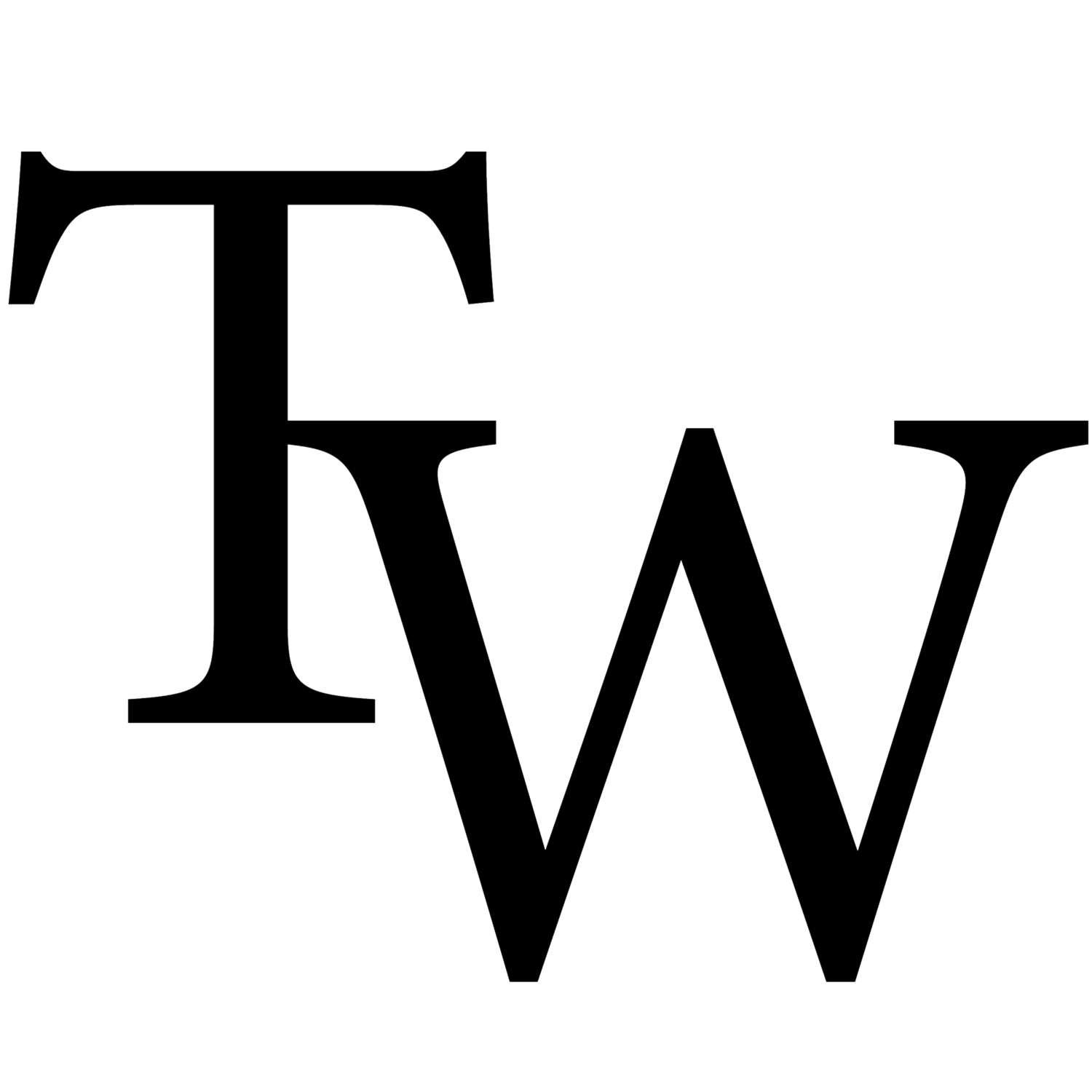Wanted – who stole my theory of change
A while back someone asked me if Emerging Leaders (www.emerging-leaders.net) had a Theory of Change and so I enthusiastically responded positively. The other person then began to expound their own Theory of Change and the more they talked the more confused I became. I realised that what they meant by Theory of Change must be very different than what I meant by Theory of Change. So I listened even harder and asked a few questions and to my surprise discovered that the meaning of the words Theory of Change, had changed right under my nose and I hadn’t even notice it happen. What they were describing was what I had known for the past 4 decades as Strategy. Where do you want to get to? What objectives do you need to set around that? How are you intending to get from where you are to where you want to be? As far as I’ve ever known that was always strategy. And suddenly I hear it’s called something different – “Theory of Change”.
Now, that wouldn’t be so bad if it was simply a matter of language evolving; it does that all the time. What matters is if this is now what Theory of Change means, then what has happened to the old meaning? Someone has stolen the original meaning and I don’t know where its been hidden!
Back in the day Theory of Change meant only one thing. Whats your theory on How do people change? How are communities transformed? How do intractable behaviours shift? How do relationships grow? Translated into the language of Development, how does personal, relational and communal change need to happen in order to get people out of poverty? It is the vital question and everyone that works in the space of people change – therapists, religious leaders, social workers, sociologists, psychologists, community change people – needs a Theory of Change. Why? Because the core of all of these people’s work is human transformation - individual, relational, community – transformation. How do we change?
What happens when Development organisations don’t have a Theory of Change? Firstly, they end up with good and necessary skills programmes that are failing to create the hoped-for impact. Secondly, they end up imitating what else is out there rather than building vital interventions on first principles - the principles of human transformation.
I am delighted the game has been raised in terms of strategic leadership in the non profit sector, but not at the loss of a deeply thought through, well tested Theory of Change. Maybe we now have to call it Theory of Transformation? Whatever we call it, we need to find it and put it back up front and central to all of our work because without it we are simply running programmes, throwing good ideas at the wall and seeing what sticks. We should be running conferences and seminars to share with each other our Theories of Change. A real Theory of Change deepens our work, provides the deeper understanding of transformation, the dynamics underneath why things are working or not working. A Theory of Change is essential if we are to have credibility in the international development sphere, the human and community transformation sphere, the business sphere and it is crucial in providing the mechanism to scale our ideas in any meaningful or sustainable way.
In Part 2 of this blog I’ll talk about how Emerging Leaders built its work since 2006 on a Theory of Change and has sought to deepen it and embed it into everything we do, as well as see how our impact results relate to our Theory of Change.
